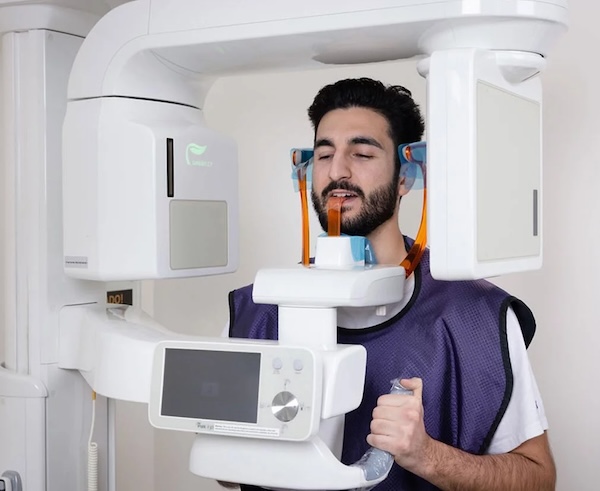Sleep Apnea is a severe sleeping disorder that occurs in individuals belonging to all age groups. It is characterized by frequent stoppage in breathing when the patient is sleeping. Usually, patients are not aware of these short pauses that occur in their breathing pattern several times during their sleep, but their bedmate would surely do. The condition would be combined with noisy snoring and a lack of oxygen supply to the lungs as well. This means that the brain and other body parts do not get enough oxygen and are left drained throughout the day.
Types of Sleep Apnea
There are three main types of sleep apnea, namely obstructive sleep apnea, central sleep apnea, and mixed sleep apnea.
- Obstructive Sleep Apnea (OSA):This condition is the resultant of the collapse of the tissues of the throat on to the airway, thereby blocking it partially or completely. This denies the lungs of their regular supply of oxygen, which in turn deprives the organs of the body of their oxygen supply as well.
- Central Sleep Apnea (CSA):CSA is a lot different from OSA. CSA is a rare breathing disorder during which the breathing starts and stops repeatedly. In this case, the brain does not send appropriate signals to the muscles of the lungs to inhale air, due to which the patient doesn’t breathe during sleep. The patient usually wakes up with a choking feeling.
- Mixed Sleep Apnea (MSA):This condition is a combination of both OSA and CSA.

Symptoms
- Loud snoring on a regular basis
- Waking up feeling breathless or choked
- Waking up with a dry mouth
- Day time sleepiness due to lack of sleep during night-time
- Morning headaches
- Easily agitated or mood swings
- Tenderness in the throat
- Bruxism and TMJ disorder
Treating Sleep Apnea
Luckily, patients with sleep apnea can have the condition diagnosed by a doctor and get the right treatment from your dentist to counter it. But, along with dental treatment, a few changes in everyday activities do help to reduce the severity of sleep apnea. Some of them are as follows:
- Weight reduction
- Avoid smoking and chewing tobacco
- Avoid alcoholic drinks, sleeping pills, or any other sedatives.
- Avoid having heavy meals, especially for dinner
- Reduce caffeine consumption (coffee, tea, aerated beverages)
- Maintain a regular sleeping pattern.
When it comes to dental treatment, the dentist would suggest you use a CPAP device. It consists of a mask that would comfortably fit over your mouth and nose. It would be connected to a continuous supply of oxygen, which would help to keep the lungs functioning ideally. It also prevents the closure of the airway due to the collapse of tissues.
Another simple dental appliance you can benefit from is the mandibular advancement device. It can be customized to fit the patient’s mouth perfectly, which reduces discomfort to a large extent. It works by bringing the lower jaw forward, which in turn expands the airway. This allows for smooth airflow through it. Also, the collapse of the loose tissues from the roof of the throat will be avoided. In case you suffer from bruxism, you can get a customized night-time mouthguard.
Usually, patients with sleep apnea are not aware that they face difficulty in breathing in their sleep. It is recommended that they look for signs of sleep apnea and get the condition treated by their dentist as soon as possible.
Get sleep apnea treatment performed by expert dentists at Matheson Dentistry & Implant Center in Queen Creek, AZ. Schedule your slot now!
